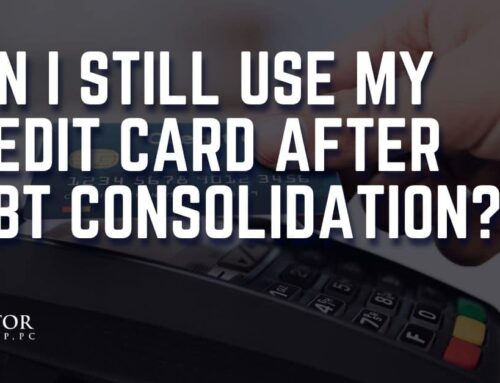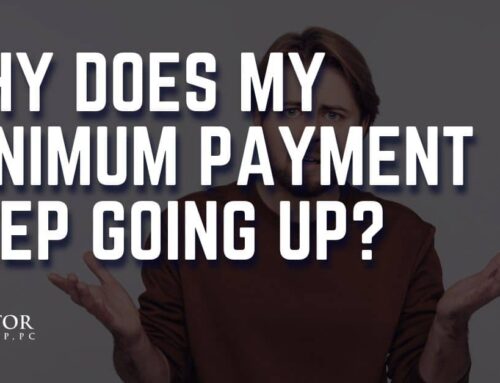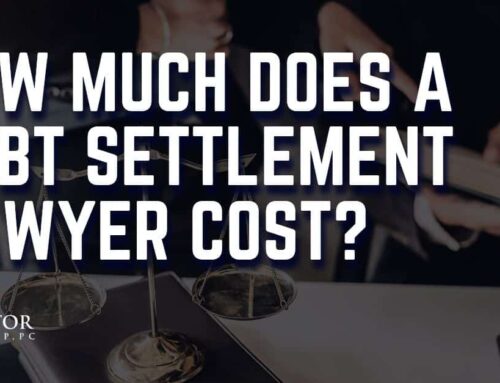Each month brings the same routine: getting paychecks and planning to meet your financial responsibilities. As you always do, you have meticulously saved money in your assigned envelopes. But the unexpected happens: your credit card’s minimum payment is more than last month’s!
This abrupt increase can be daunting and anxiety-inducing, especially if you are already operating with a limited budget. You might be asking yourself, “What happened?” Why are my minimum payments so high?
In this blog, we’ll examine the elements contributing to the worrying rise in minimum payments and the repercussions of merely making the minimum. Understanding these components will help relieve some of the stress connected with your monthly budget and allow you to make intelligent financial decisions.
What Are Minimum Payments?
The minimum monthly payment on a credit card is intended to allow cardholders to manage their finances while maintaining their accounts in good standing. However, relying on this method might lead to considerable financial risks that are not immediately obvious.
Paying only the minimum amount owed essentially addresses a small fraction of your total balance. This means that the leftover debt will continue to accrue interest charges. Credit cards frequently have high interest rates, and the amount you owe can quickly climb as interest accumulates.
Why Are My Minimum Payments So High?
Several factors can influence the minimum payment on your credit card. Here are some key reasons why it might be higher:
- Outstanding Balance
Higher Balance: If your credit card balance rises due to new purchases or overdue amounts, the minimum payment will usually increase because it is commonly determined as a percentage of the total debt.
- Interest Rates
Increased Interest Rates: If your credit card issuer raises your interest rate, the interest accrued on your debt will rise, resulting in a more significant minimum payment.
Variable Interest Rates: If your card has a variable interest rate, market swings can impact your rate.
- Fees
Late Payment Fees: If you miss a payment, late fees can be added to your account, raising the minimum payment.
Over-Limit Fees: Exceeding your credit limit may result in fees that contribute to a greater amount.
- Payment History
Late Payments: Regularly making late payments might result in fines and an increased interest rate, which affects future minimum payments.
Credit Score Impact: A lower credit score can result in higher interest rates, which raises minimum payments.
- Payment Calculation Method
Percentage of debt: Many credit card issuers calculate the minimum payment as a percentage of the outstanding debt, which usually ranges from 1% to 3%. Thus, when the balance increases, so does the minimum payment.
Flat Cost Component: Some cards may charge a flat cost in addition to the percentage of the balance, which might add to the growth.
Debt Settlement & Credit Card Debt
Debt settlement can be an effective solution for managing high minimum payments and overwhelming credit card debt. Here are some key reasons why it can help:
- Reduced Total Debt: Debt settlement negotiates with creditors to lower the total amount owed, which can significantly decrease the burden of high minimum payments.
- Single Payment Plan: By consolidating debts into a single negotiated payment, it simplifies financial management and makes budgeting easier.
- Avoiding Bankruptcy: Debt settlement can provide an alternative to bankruptcy, helping you maintain your credit score while working towards financial recovery.
At Mediator Law Group, experienced professionals guide you through the debt settlement process, offering personalized strategies to alleviate your financial stress. With their expertise, you can work towards regaining control over your finances and finding a path to a debt-free future.









